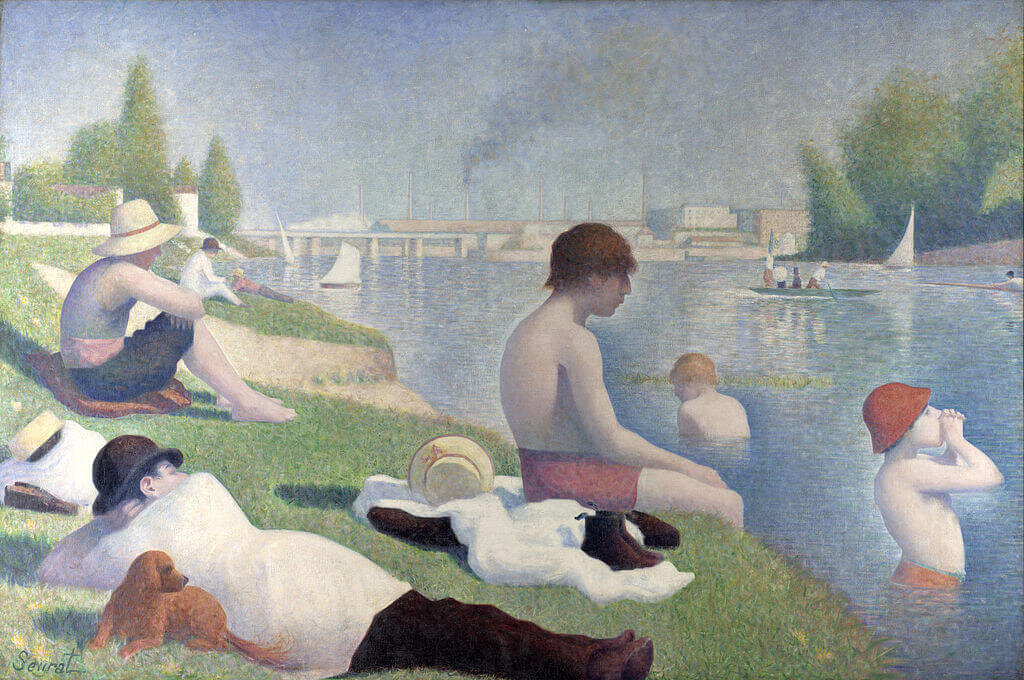The English philosopher and essayist Bertrand Russell, Nobel Prize winner for Literature, writes in his book, The Conquest of Happiness, 1930:
“It is one of the defects of modern higher education that it has become too much a training in the acquisition of certain kinds of skill, and too little an enlargement of the mind and heart by any impartial survey of the world.” [1]
To understand the whole meaning of these words, place them in the context in which they appear in the chapter, “Impersonal interests.” There, Russell states that the human being who only deals with the things that concern his daily practical life and does not manage to distract himself with other activities and thoughts (for example, never forgetting work or family needs) ends up experiencing tremendous fatigue that leads to anxiety, disabling possibility for happiness in the long run. Russell calls these activities that take us away from our practical concerns “impersonal interests.” He finds in them virtues similar to those of sleep, a state in which “the conscious mind is at rest (and) the subconscious thoughts gradually mature their wisdom.”
In speaking about an impartial examination of the world, Russell sheds a little more light on his concept of impersonal interests: For him, the objective study of reality is achieved without involving our concerns. Throughout the chapter, Russell carries his reflection on everyday life higher and higher until reaching, as we will see, notions that approach those of the so-called “mystical contemplation.”
We move forward a bit if we link Russell’s words with the description made by the scholar Harold Bloom about Shakespeare, whom he describes with one word that shakes all our opinions about what literature and art are: indifference. According to Bloom, in his greatest plays, Shakespeare writes with infinite indifference to the human condition. [2]
The tremor diminishes as we understand that indifferent does mean insensitive or apathetic but precisely – let us go back to Russell – not involving personal interests in ways of seeing, not being partial in any way toward fellow humans. The writer Santiago Cacomixtle explains it this way in the book The University Trash Chronicles:
Understanding human facts is such an unbridled ambition that some prefer to let them pass ─just as a crystal lets light pass─ so that (humans) tell their story by themselves. In this way, we aspire to show the reader things as they are and not as we want them to be. [3]
If we read a dialogue between Russell and Bloom (of course, having me as a transcriber), we would conclude that if Shakespeare enjoyed a widening of mind and heart, it was thanks to a state of total relaxation while contemplating the reality of the world. Remaining sensitively indifferent to what surrounds us is only possible if all personal occupation and concern are renounced. Russell (an atheist from a practical point of view) points to that “disinterested” look of the scientist’s one-hundred-percent objective eyes, focusing on well-proven facts. Reason garners privilege, achieving an emotional state that, as we have said, approaches what is described as mystical detachment). Before we transcribe it here, let us conclude that education is indispensable to our pursuit of happiness and personal transcendence for Russell. It helps us look at life selflessly, detach from our limitations, and participate in the flourishing of all humanity. Here are his words from the chapter we are reviewing, “Impersonal Interests:”
“Beyond our immediate activities, we will have goals. One will not be an isolated individual but a member of the vast army of those who have guided humanity towards a civilized existence. Anyone who has adopted this way of thinking will never be left without certain profound happiness, whatever their fate. Life will become communion with the greats of all ages, and personal death will be nothing more than an unimportant incident.”
Russell nuances the above by giving us in the same chapter his version of what Baruch de Spinoza, another great, thought centuries ago about slavery and freedom:
A person who has perceived the grandeur of the soul, even temporarily and briefly, can no longer be happy if he allows himself to become a petty, selfish being, tormented by trivial discomfort, afraid of what fate may hold. The person capable of the greatness of the soul will open wide the windows of his mind, letting the winds from everywhere in the universe penetrate freely. Realizing the brevity and insignificance of human life, he will also understand that in individual minds is concentrated all that is valuable that exists in the known universe. He will see that those whose minds are a mirror of the world become, in a sense, as great as the world. He will experience a deep joy in emancipating himself from the fears that overwhelm those who are slaves to circumstances, remaining deeply happy despite all the vicissitudes of outer life.
[1] For Spanish-speaking readers, you can read the Spanish translation here.
[2] Harold Bloom delves into this perspective on Shakespeare in several of his books. Among the most important is The Western Canon, published by Anagram.
[3] Santiago Cacomixtle is the character I invented to participate as co-author of the book mentioned above, a kind of educational epistolary about the unimproved environmental practices in higher education institutions. The electronic version can be downloaded from: https://www.crim.unam.mx/web/content/cr%C3%B3nicas-de-la-basura-universitaria
Translation by Daniel Wetta.
Disclaimer: The viewpoints expressed in this article are the author’s own and do not necessarily reflect the opinions, viewpoints, and official policies of Tecnológico de Monterrey.
This article from Observatory of the Institute for the Future of Education may be shared under the terms of the license CC BY-NC-SA 4.0 
)
)


)